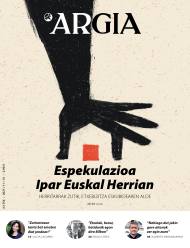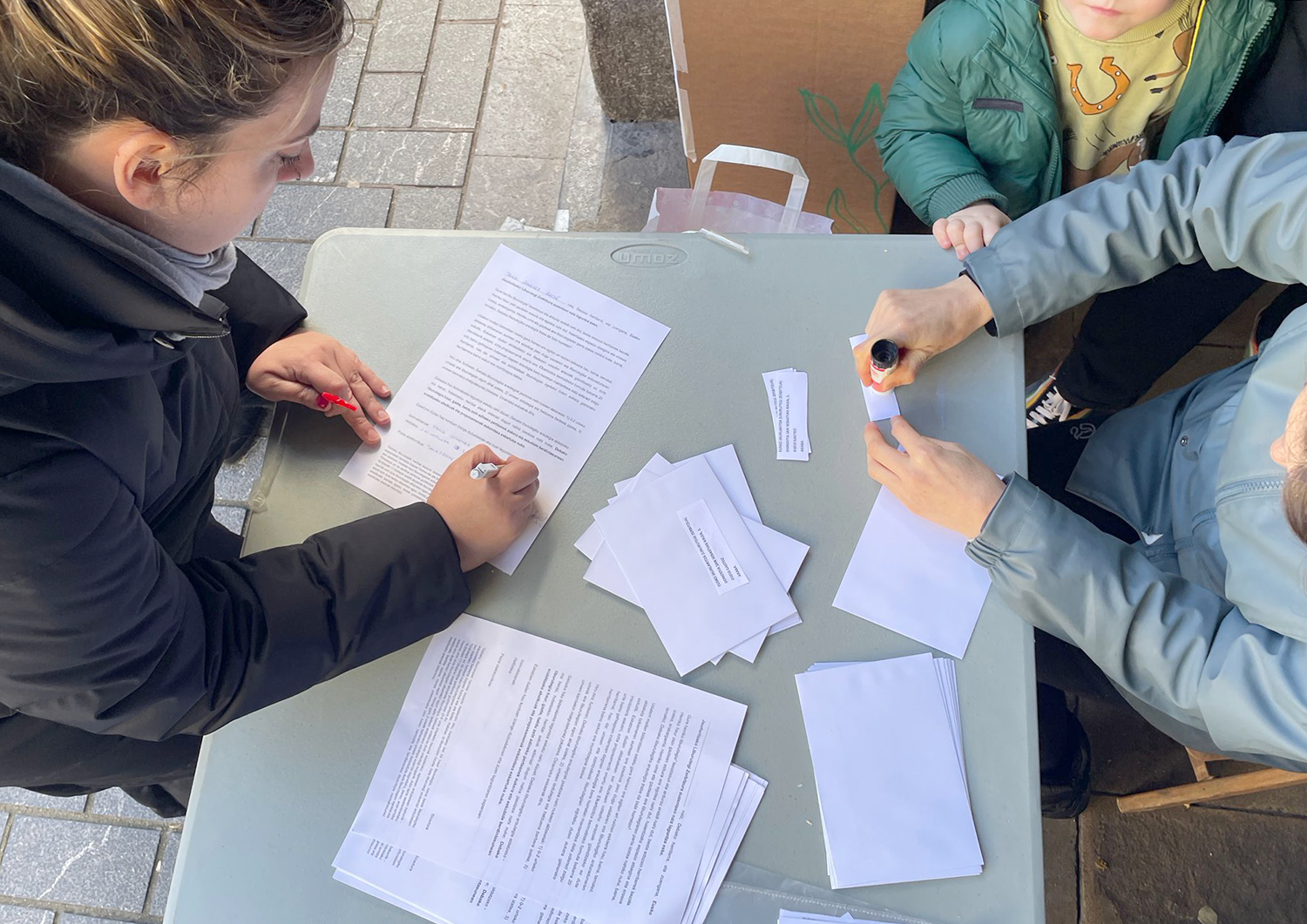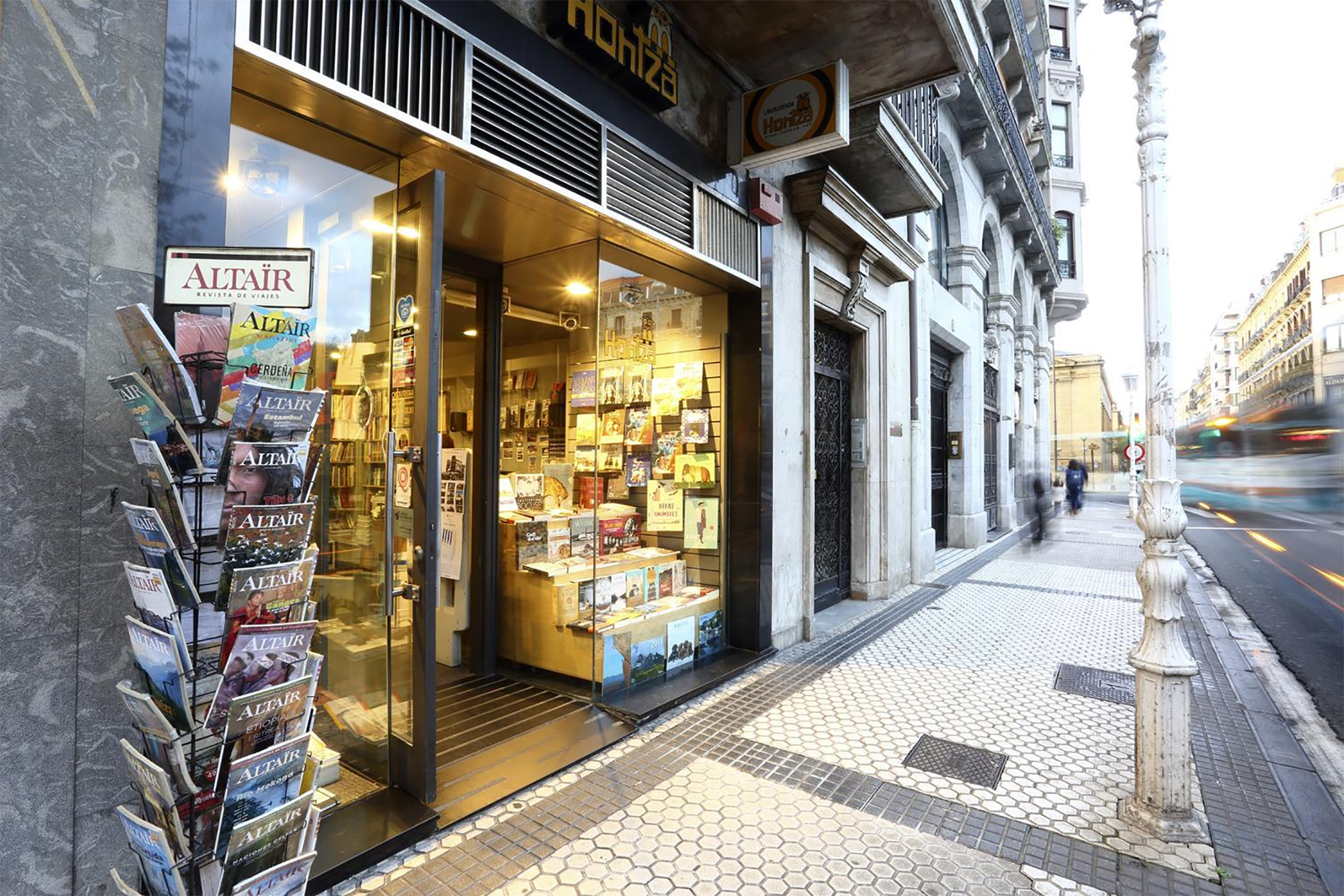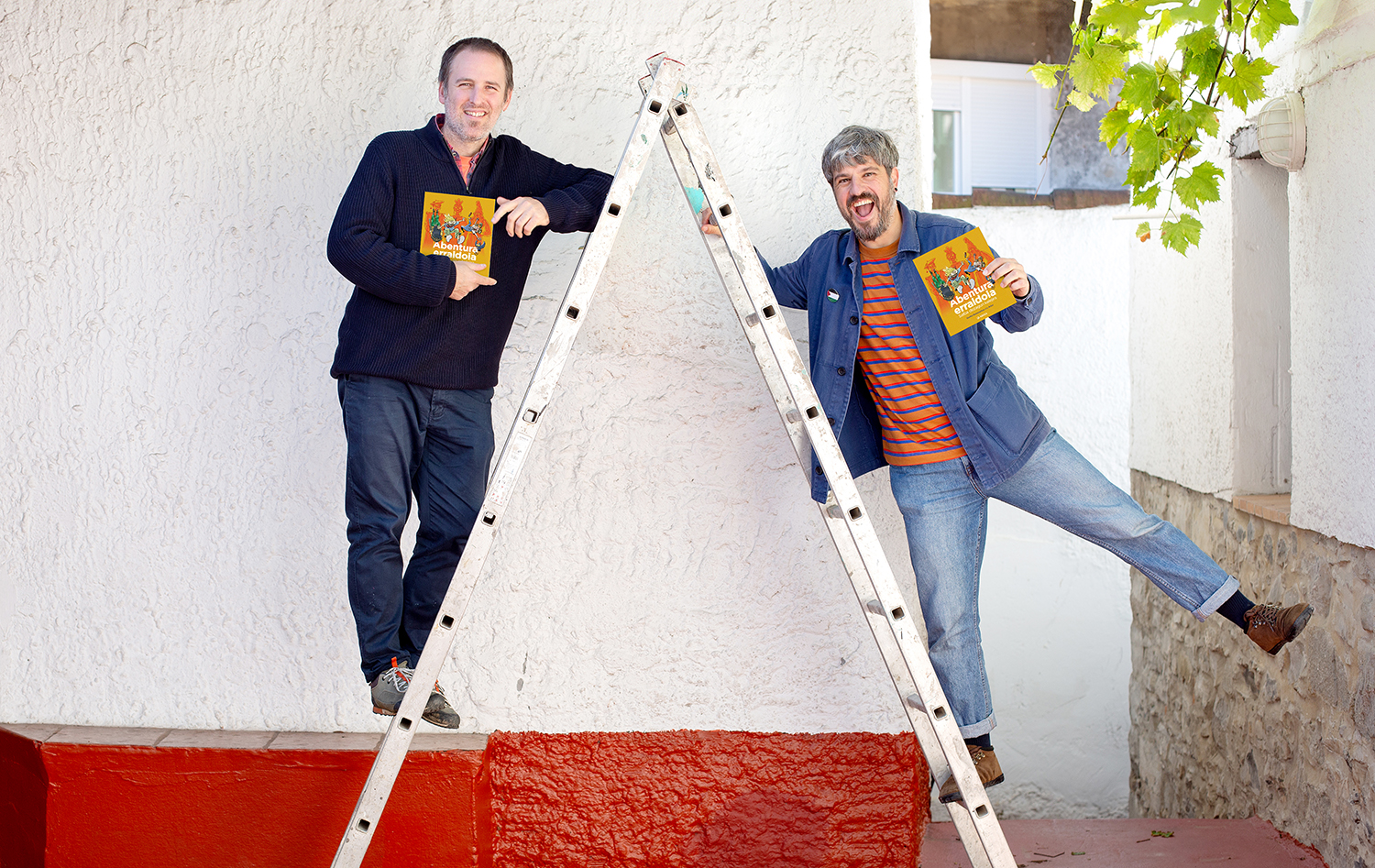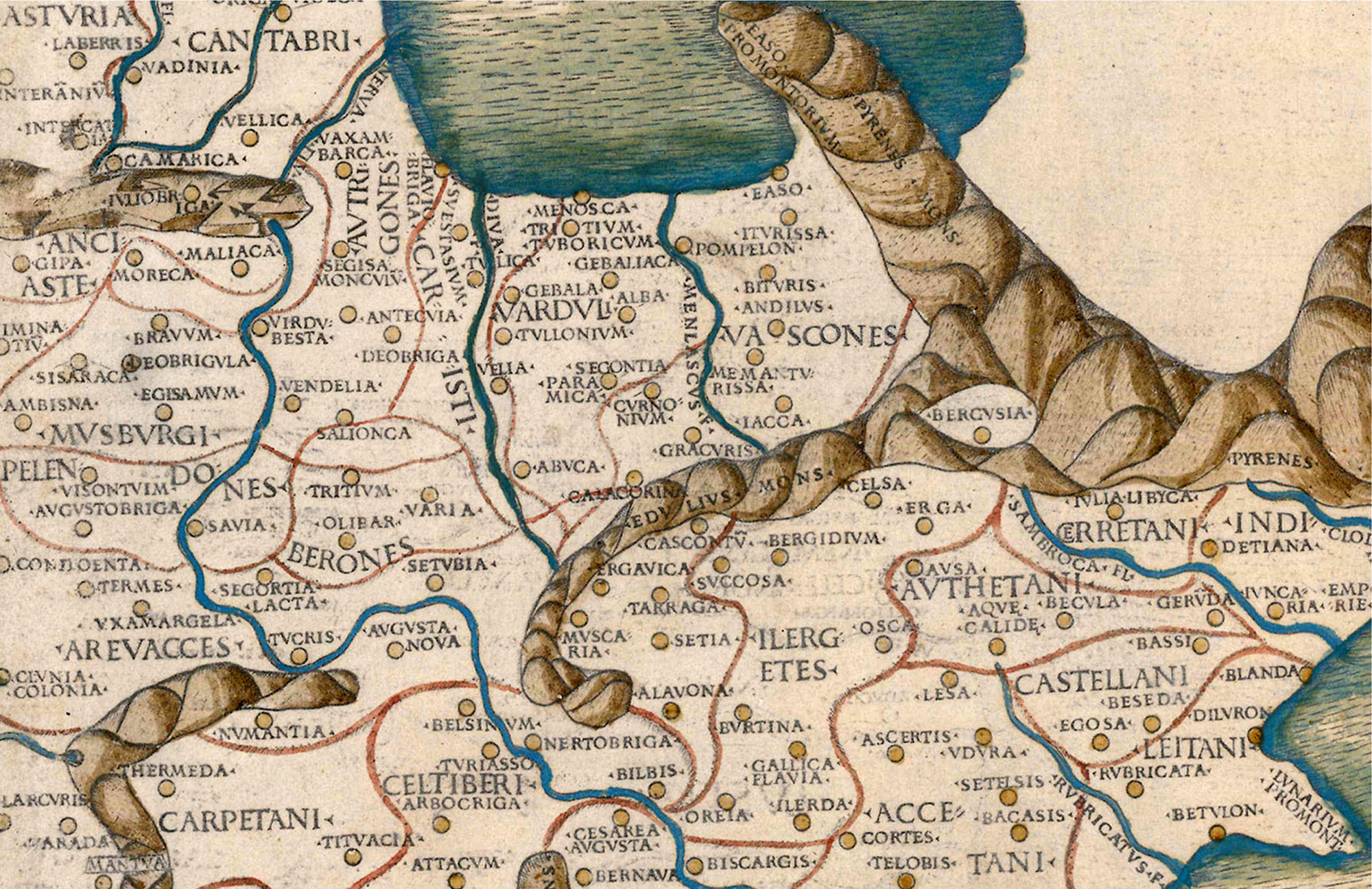Such a virtue
.jpg)
This work by Ginzburg consists of eleven short texts divided into two parts. All written between 1944 and 1962, published in Italian newspapers and magazines. Two of them are written about London and London. The author himself, in the note, has given importance to chronology to justify that the tone and style of one text to another are different. It is the aspect that I liked the most. In fact, we'll find a heterogeneous, shifting book full of surprises.
All the texts are written in the first person, they're autobiographical. Some have more of the anecdotes of life and others undergo essays, because they are full of reflections, opinions and thoughts.
The first part of the book begins with personal experiences: Winter opens with the text Abruzzon. It refers to the time when they were exiled in Abruzzo during the Second World War. It is a melancholy and sad text that hides an element that we will not know until the end. The second is Zapata Urrada. It uses the most basic function of shoes (comfort, heat) as a metaphor to talk about social classes and differences. A friend's portrait is a description of a friend of his who committed suicide, although he doesn't mention his name. The following text is ironic: Praise and anguish from England. He made me laugh at some phrase, because it's written with humor. The next one, La maison Volpé, has placed it in London and tells us how an Italian sees England and its people using food as an excuse. It's the description of a couple full of contrasts between me and him.
In the second part of the book, we will find the seventh text: The boy of man. It refers to the consequences that war leaves on people, with eternal broken trust. My profession is about writing. I wrote notes, poems, stories with the girl. Silence, as the title says, is a reflection on silence. The following is made with a fluidity of thought and is a proper style to perfect the text Human Relations. The last one is the small virtue. The text that gives title to the book reflects on the relationship between parents and children. It refers to the risk of putting small virtues without importance at the center of education, rather than great values. I should like to receive the last sentence: “Because love of life produces love of life.”
This is the fourth Ginzburg book we have in Basque. The lucky you, if you still don't know the author. If you haven't had the opportunity to read her literature. It is a joy ahead, because one of the virtues of the writer is the excellent use of the word.
Party and recreation. Oral History of Rock Radical Vasco
Javier 'Jerry' Corral
Books, 2025
------------------------------------------------
Javier Corral ‘Jerry’ was a student of the first Journalism Promotion of the UPV, along with many other well-known names who have... [+]









